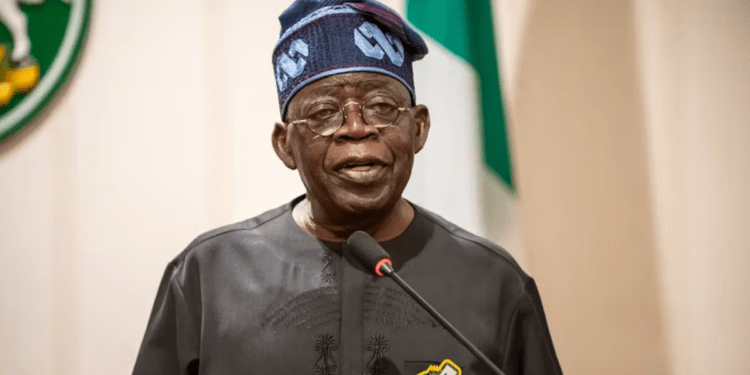Daniel Bwala, a presidential spokesperson, has dismissed criticisms of worsening hunger under President Bola Tinubu, stating that Nigerians have been suffering from hunger since 1960, long before the Tinubu-led government.
Mr Bwala, in an interview with TVC on Wednesday, made this statement in response to former Vice-President Atiku Abubakar’s criticisms that severe hunger is ravaging Nigerians.
Asked to respond to Mr Abubakar’s criticisms, Mr Bwala said, “He said we are creating hunger. Is he blind, or doesn’t he hear the fact of the progress we’ve made? This rhetoric that Nigerians are hungry, we have to be able to grow out of it. Nigerians were hungry in 1960, hungry in 1980, hungry in 1990, hungry in 1999. It was between 1999 and 2003 that somebody sang ‘Nigeria Jaga Jaga’. You mean he sang in abstract?”
Mr Bwala, who dismissed criticisms of increased hunger in the country as mere “rhetoric,” said the Tinubu-led government cannot be assessed based on that.
“There has never been a time in which there is no one problem or the other as far as the Nigerian people is concerned. But judge the metrics. Judge us not by the rhetoric that Nigerians are hungry. Judge us by the dynamics of what we’re putting in place and whether it’s working,” Mr Bwala explained.
Mr Bwala’s position is in contrast to Mr Tinubu’s. The president had on several occasions admitted to increased hunger since he assumed office. Nigerians have witnessed an unprecedented cost-of-living crisis, marked by staggering inflation of 20 per cent, a drop from 33 per cent after the economy was rebased, while the pump price ranges between N900 and N890.
Although the International Monetary Fund lauded Mr Tinubu’s policies in May, it pointed out that poverty and food insecurity remain high in Nigeria.
Similarly, the World Bank’s Africa Pulse report of April 2025 stated that Nigeria, under Mr Tinubu, has the highest number of extremely poor people globally.
The report also predicted a grim future for Nigeria, warning that many more Nigerians will be plunged into poverty by 2027.






